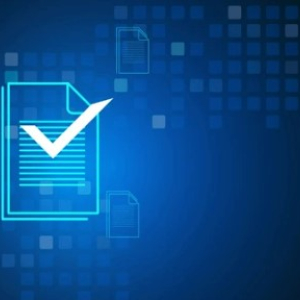Research Security & Export Control refers to the federal rules and regulations that govern how certain items, technologies, and information can be shipped, transmitted, or transferred outside the United States or disclosed to foreign nationals within the United States.
UAB Policies
To comply, UAB established its policies and procedures as tools and materials to assist you in understanding how export control regulations affect your work and the steps you must take to address them:
Research Security & Export Control issues can be complicated and confusing. Additionally, it can take several months to prepare and submit an export license application and receive feedback from the federal government.
You are strongly encouraged to contact The Office of Research Safety & Security, as soon as you believe an export control issue may exist or a license may be required to disclose information to a foreign national or export an item or information to a foreign country.
If you have any questions, please contact ResearchSecurity@uab.edu.








